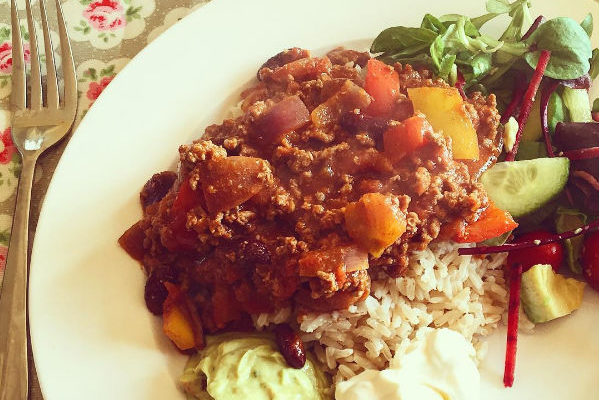Ramadan is a time when the Islamic region implores its followers and their family to fast, maintain a holy life and pray unto Allah and encourages healthy eating tips for Ramadan. The fasting commences with the sighting of the Full moon when Muslims abstain from food between the hours of 5 am to 7 pm in the evening when the fast is broken with taking water and fruit during Iftar and the main course during Suhoor.
When fasting commences, it is highly recommended not to eat any fatty or fried meal as the rate of metabolism during fasting is reduced due to a lack of rigorous activities. The body tries to adapt to the changes it’s going through by reserving the body’s energy for basic activities like talking, thinking and walking. Note that the body can give off false signals like high temperature, blinding headache and cottony tongue which are all signs of dehydration and low blood sugar.
The first go-to for breaking each day’s fast is drinking lots of water after which fruit juices, milk and fruits can be taken to prepare the stomach and digestive system for the main dish. Examples of fruits, vegetables, and nuts that are highly nutritious for the body and readily available in Nigeria during this period include:
Apples
Oranges
Dates
Watermelon
Mango
Golden Melon
Banana
Kiwi
Strawberries
Walnut
Oranges
Cucumbers
Carrots
Cabbage
Lettuce
Avocado
Healthy Eating Tips for Ramadan
Meal Plan
Since the quantity of feeding daily reduces, the quality of the food should be increased to ensure the body gets the necessary nutrients needed daily. Meal planning also helps with saving time thinking about what to eat when breaking the fast.
Energy giving meals
When eating the main dish (suhoor) ensure you eat foods high in complex carbohydrate like wheat, brown rice, potatoes etc which takes time to digest and ensures you have energy till your next meal. Try not to over eat as this can cause stomach aches and disorders which might end up in multiple toilet visits and loss of energy.
Avoid salt
Try as much as possible to avoid any salty food and nuts because salt makes the body retain water which might make you bloated during the Ramadan fast.
Healthy Eating Tips for Ramadan
Suggested meals for Suhoor
Pap and Moi-Moi / Akara
Oat, milk and fruits
Wheat and Ewedu
Pepper Soup
Tapioca, milk and peppered fish
Vegetables and Egg
Efo riro and fried plantain
Boiled plantain and misconstrued vegetable
Yam pottage and goat meat stew







Deprecated: File Theme without comments.php is deprecated since version 3.0.0 with no alternative available. Please include a comments.php template in your theme. in /home/vectatravels/blog.vectatravels.com/wp-includes/functions.php on line 6121